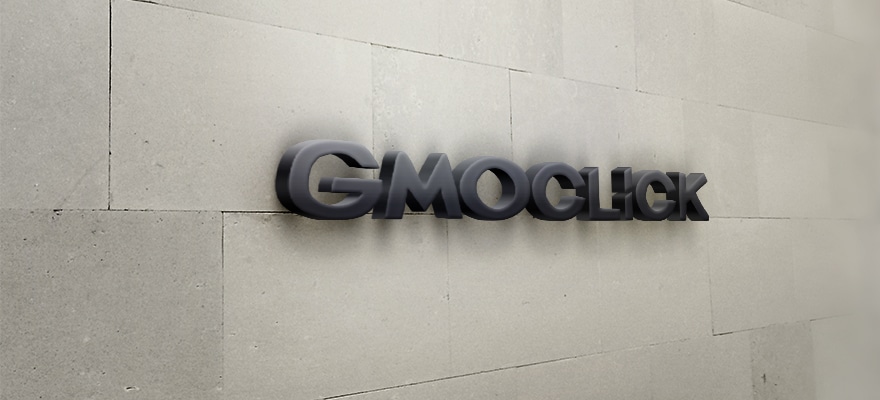Japanese brokerage GMO Click reported its results for the first quarter of fiscal 2015, revenues increasing by 63 percent when compared to the first quarter of fiscal 2014. The Japanese fiscal year starts on the 1st of April and the first quarter of fiscal 2015 involves the period until the 30th of June this year.
Operating revenues totaled ¥7.8 billion ($63.2 million), while net revenues increased by 153.1 percent year-on-year to ¥4.79 billion ($38.7 million).
Looking at the company’s bottom line, we are seeing another impressive year-on-year growth figure totaling ¥1.8 billion ($14 million), which is higher by 95 percent when compared to last year.
Revenues increased by 4 percent, while FX trading volumes dropped 11.4 percent during the quarter
A more interesting comparison to the figures published in the final quarter of fiscal 2015 ending on the 31st of March this year, reveals that operating revenues increased by 4 percent, while FX trading volumes dropped 11.4 percent during the quarter. This is a surprising result considering the fact that trading volumes between January 1st and March 31st were much higher than between April 1st and June 31st.
GMO Click appears to be making the best of higher Volatility across currency markets as of late. With the foreign Exchange volumes in the second quarter dropping 11.4 percent the profitability of the company is impressive. That said, we shouldn’t underestimate the CFDs trading impact. Trading on indices, commodities and shares have been rising in recent years. This could be the primary reason for the revenues increase as the commissions in CFDs are usually much higher than in FX deals of a similar volume.
Japanese yen traders have recently turned bullish on the local currency which has triggered a somewhat increased volatility on the downside of the carry trade.
The main driver for the FX volatility of the Japanese yen market going forward will be the global risk sentiment. European negotiations still continue, and despite a lifeline for Greece being secure, according to Mohammed El-Erian's interviews with Bloomberg, the current arrangement is only postponing the inevitable.
The former PIMCO CEO shared in an interview with CNBC that the economy of Greece has been in a massive down flow and that it's going to be very difficult to restore the damage caused by the past couple of weeks. This could trigger further volatility on the currency and equities markets, with the carry trade unwinding in a more violent fashion than last month.
This can be a major risk factor in the coming quarters, as the summer doldrums of typically low volatility is quieter than usual in 2015.


















